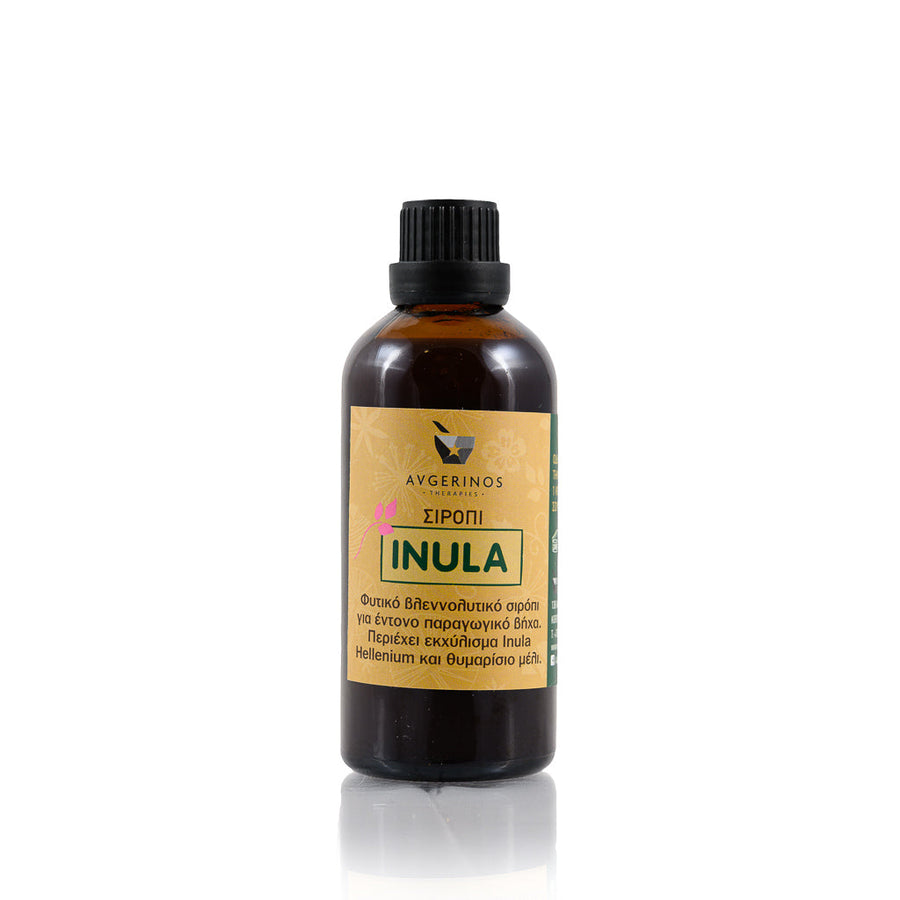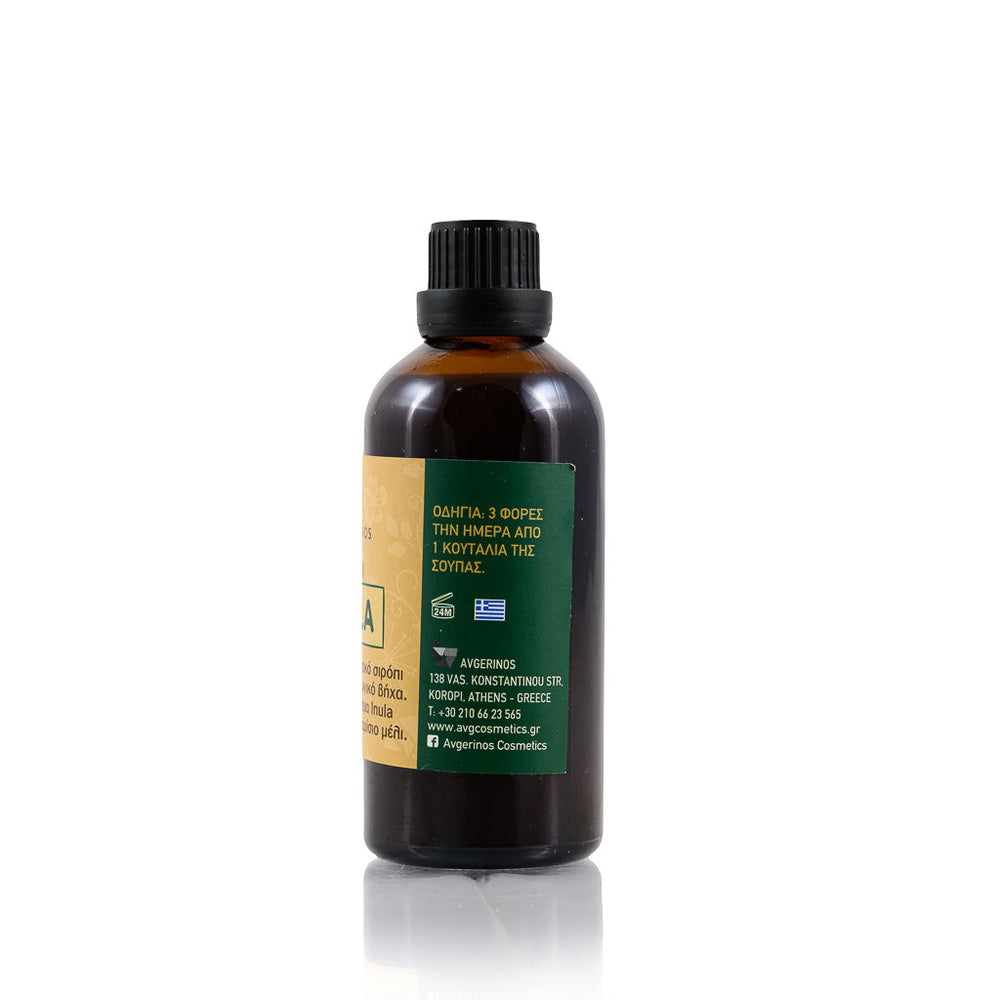The brain-gut axis
In recent decades scientists have begun to talk about overall human health and healing often referred to as "mind and body healing." The brain-gut axis is a living example of the two-way communication of thought and emotion. This axis consists of a network of biochemical signals, which takes place between the gastrointestinal tract and the CNS, including the hypothalamic-pituitary-adrenaline axis.
The vagus nerve is one of the brain-gut lines of communication, as it travels all the way from the head to the belly via chemical messengers, the neurotransmitters. When the intestinal flora is underfunctioning, then the production of neurotransmitters decreases and the performance of the brain shows a gradual deterioration in its mental processes.
Gut the second brain
Interest is growing around the role that gut function plays in a person's overall health. The intestinal mucosa throughout its course performs absorption and barrier functions between the intestinal contents and the inside of the body. With the intervention of various bacteria, enzymes, digestive fluids, the products of digestion are absorbed through the intestinal mucosa, so the body can rebuild tissues, produce energy, proteins and carry out other further complex mechanisms. The entire process of selection and absorption of nutrients is undertaken by the villi, which are essentially folds of the intestine and their main goal is to increase the functional surface of the digestive system.
A large population of different species of bacteria have so far been identified as part of the human intestinal flora. 85% of them help the survival function of our organism with their probiotic action.
The microorganisms that colonize the gut are involved in the production of key neurotransmitters.
Dopamine, serotonin, adrenaline, acetylcholine are neurotransmitters found in the CNS and involved in the transmission of nerve impulses. Most of these neurotransmitters are produced in the digestive system.
"All diseases originate in the gut"
-Hippocrates
Overconsumption of alcohol, overeating, intense lifestyle, reckless use of drugs, stress, are some of the factors that contribute negatively to the dysregulation of bowel functionality.
Our emotional balance is equally important since each thought is not an isolated idea in the mind nor is it lost after its completion. Repeated signals of fear, anxiety, anxiety, depression, present a two-way disorder, with gradual establishment and somatization of the negative emotion. Thus, the functions of the body are affected both at the anatomical, biochemical and electromagnetic level.
- During the meal, there should be a pleasant environment free from the influence of external factors (television, computer, newspaper, etc.).
- Our food is always hot and freshly cooked.
- Chew food well.
- Reducing processed carbohydrates.
- Reducing white sugar and saturated fat.
- Sufficient water consumption.
- Our foods should be as close as possible to their original form, eg fruits, vegetables, seeds, raw nuts.
- Reduction of gluten.
- Coordination with the rhythms of nature - biorhythm.
- To exercise daily.
- Frequent contact with nature.









Leave a comment